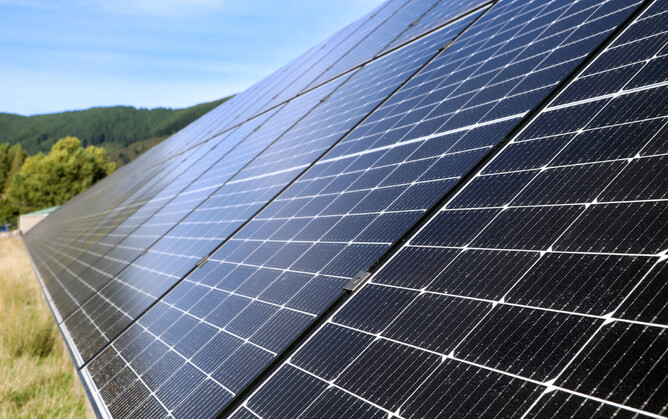Freedom. Sustainability. Resilience. Peace of mind.
That’s what living off the grid promises—but only if your power system is designed and installed correctly from the beginning. For remote homes, baches, farms, and environmentally sensitive sites, there’s no room for shortcuts.
A poorly designed system doesn’t just fall short. It can cost thousands in repairs, disrupt your lifestyle, and require constant babysitting. If you’ve ever had to constantly watch your power usage or turn lights off unnecessarily, that experience likely came from one of these poorly executed systems. It doesn’t have to be that way.
At Off Grid Energy, we’re often called in to fix systems that were installed by well-meaning but inexperienced installers. Even with quality equipment, if the system isn’t tailored to your site or lifestyle, it can lead to frustration, downtime, and a deep mistrust of off-grid living.
The Real Cost of Getting It Wrong
We commonly see systems that are:
Undersized for the household’s true energy use (with no capacity for future growth)
Over-reliance on generators
Installed in shaded or inaccessible locations
Built with consumer-grade hardware not suited for harsh New Zealand conditions
Poorly balanced components—storage, generation, and charging capacity all mismatched
These aren’t just design flaws—they become daily headaches and long-term money pits.
Why Experience Matters
Paul and the team at Off Grid Energy bring decades of experience in designing and installing systems in some of the toughest and most remote environments across Aotearoa. From boat-only access islands to snow-prone farms and multi-dwelling properties, we know what works—and what doesn't.
We design every system to:
Be correctly sized for your current and future needs
Minimise or eliminate generator use through proper component balance
Withstand New Zealand’s most challenging conditions—wind, salt, snow, and more
Be monitored remotely, providing peace of mind and early fault detection
Real-World Results
One client came to us after enduring years of winter outages. We replaced their system with a modern, correctly sized setup—and they haven’t lost power for years.
Another property, only accessible by boat, now runs fully automated with remote monitoring. The owner hasn’t touched the generator in months.
A third client trusted an unqualified installer. The system failed so badly, they had to return to grid power, losing their entire investment and spending more to reconnect.
The Bottom Line
Off-grid power should be set-and-forget.
When done right, it’s quiet, reliable, and supports your life, not the other way around.
While quality design and equipment may cost more up front, they save you money in the long run through:
Fewer callouts
Lower fuel costs
Long-term reliability
Most people only get one shot at going off-grid. Make it count. Get it right the first time.

